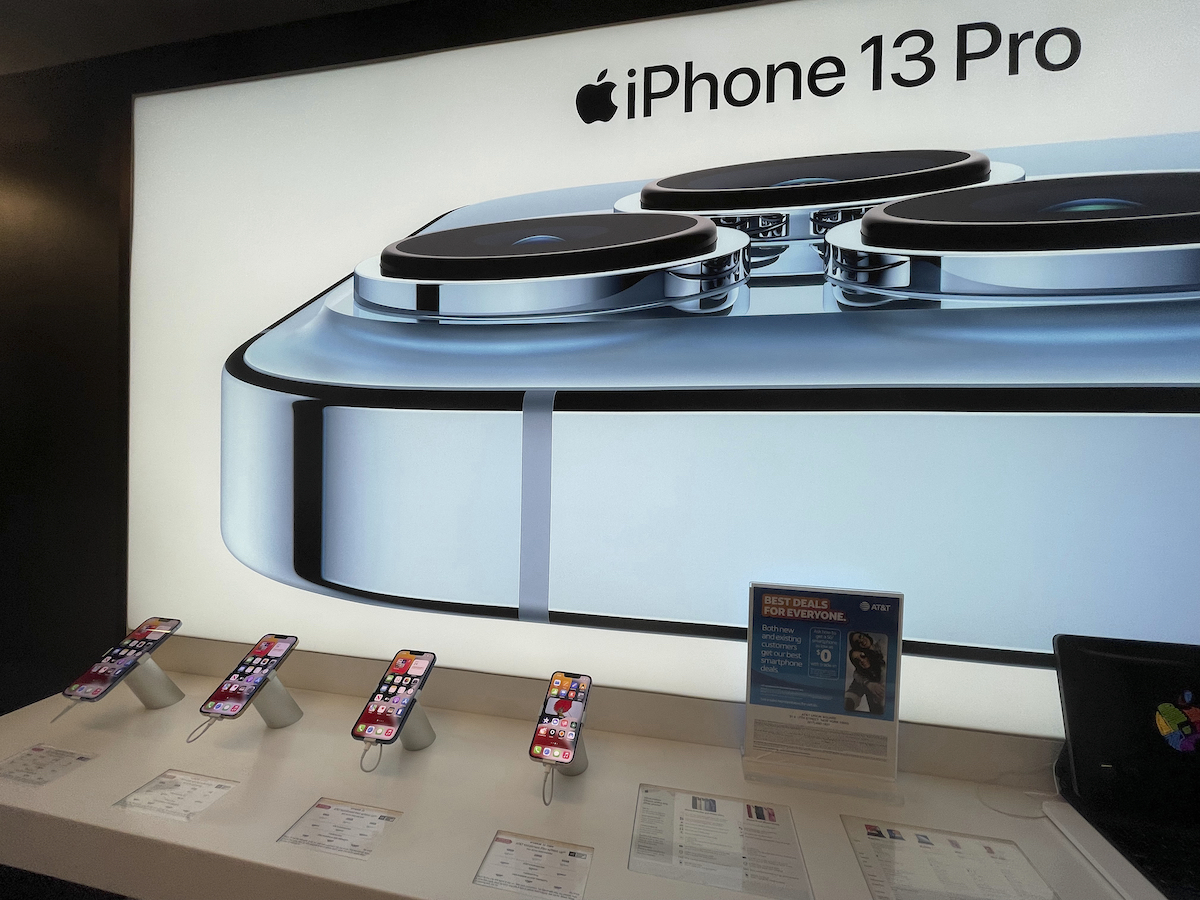Apple is once again facing the United States Senate Judiciary’s antitrust subcommittee following the announcement of its AirTag location trackers on April 20.
The hearing arrives while Apple is simultaneously engaged in a continuing lawsuit with Epic Games over the App Store’s anti-competition and anti-consumer practices, in addition to the subcommittee’s cross-examination of Silicon Valley’s business practices at large.
AirTags, the newest addition to Apple’s extremely connected network of devices, are a new type of GPS tracking device. They’re similar to a “find my phone” tracker, and you can attach them to nearly anything you want to track, provided you buy Apple’s actual mount for the tracker—which is sold separately. The idea is nothing new, and many other companies have produced their own similar products, but Apple’s advantage is that AirTags are supported by its very own “Find My” location tracking technology, which they’ve used for over a decade to recover lost phones.
One of primary competitors to AirTags is Tile, which started selling bluetooth tracking fobs eight years ago following an extremely successful crowdfunding campaign. Apple’s AirTags announcement led Tile to urge the U.S. Senate Judiciary’s Subcommittee on Competition Policy, Antitrust, and Consumer Rights to reexamine Apple’s attitudes towards competition. This is not Tile’s first run-in with Apple. Last year, Tile filed a complaint with the EU’s competition commissioner regarding Apple’s automatic disabling of its GPS tracking—Apple’s own tracking is turned on by default.
Apple has had to testify in front of the antitrust committee multiple times in the past two years. Last year, Fortnite developer Epic Games sued Apple over the distribution of Fortnite on the iOS store.
One of Apple’s most contentious policies is its hefty cut of any profits an app makes on the App Store, which can be anywhere from 15–30%. Additionally, Apple mandates that all apps developed for iOS are published only on the App Store. In contrast, Google allows developers to self-distribute their apps by using the APK file format, which lets them bypass Google Play Store regulations and restrictions, as well as opening up the avenue of distribution for developers.
Epic Games, frustrated by Apple’s 30% cut of all in-game purchases, created an option to let players purchase items from outside of the App Store, essentially voiding Apple from collecting a chunk of Epic’s profits. In response, Apple delisted all of Epic Games’ software from the App Store, causing Epic to retaliate with a lawsuit. Although the case has not reached court yet, its existence has deep ramifications for Apple’s walled-garden approach toward distribution.
Tile’s own dispute with Apple arose just a day before both companies and fellow tech giant Google were called to testify in front of the antitrust subcommittee on Apr. 21. Additional witnesses included executives from Tinder parent company Match Group and Spotify—both of which have previously taken issue with Apple and Google’s hefty profit cuts.
“Capitalism is about competition, it’s about new products…it’s about new competitors emerging,” said Senator Amy Klobuchar, chair of the Senate Judiciary Antitrust committee at Wednesday’s hearing. “This situation, to me, doesn’t seem like it’s happening. You have companies that are simply trying to do business in their own ecosystems, or maybe with Apple and Google that are severely hampered from doing it.”
Executives from both Apple and Google defended the profit cut as a necessity to maintain their respective app stores and fund security measures, but refused to actually commit all royalties to store upkeep, according to Reuters. Klobuchar noted current antitrust legislation is insufficient to fully crack down on tech monopolies, drawing more attention to her recently-proposed antitrust bill that would require companies to justify that new acquisitions or mergers would not lessen competition in their industry.
Tile believes Apple’s AirTags don’t just pose a threat against Tile’s commercial success, but that Apple is also deliberately choking the company’s product by configuring the iOS Find My software to favor AirTags. Tile’s trackers rely on the iOS Find My software to function, and if Apple controls that domain, then it could very well push Tile out of its own industry.
“We welcome competition, as long as it is fair competition,” said Tile CEO CJ Prober in a statement on Apr. 20. “Unfortunately, given Apple’s well-documented history of using its platform advantage to unfairly limit competition for its products, we’re skeptical.”






